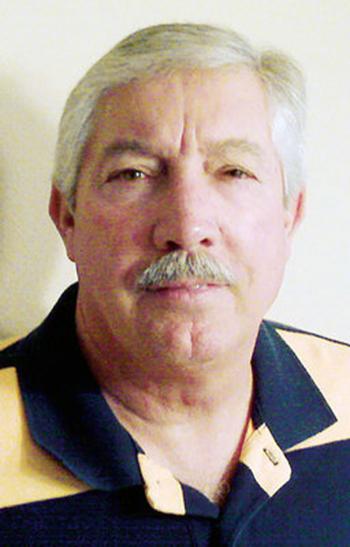
William Thibodeaux
Interesting Facts about Confederate General Robert E. Lee
In February 1868, nearly three years after the end of the War Between the States, Former Confederate General Robert E. Lee addressed a letter to Reverdy Johnson, the honorable senator from Maryland. Lee was setting the record straight by informing Reverdy Johnson that it was he (Lee) that had turned down Lincoln’s offer to command the entire United States Army, not the other way around. Lee told the senator that U.S. Army General Francis Preston Blair had brokered the deal, and it was Lee’s understanding that the offer came from President Abraham Lincoln.
Lee had also informed Blair that he opposed secession and war, and he could not take part in an invasion of the Southern States. After his interview with Blair, Lee immediately went to the office of General Scott and informed him of his recent offer and of his decision. After further consideration, Lee tendered his resignation. He also prayed that peace would be preserved from the calamities of war.
Lee said that he would have been satisfied to pass the remainder of his life as a private citizen, but it was not to be. Two days after resigning his commission, he received an invitation from the Governor of Virginia asking Lee to attend a convention in Richmond. When Lee arrived an ordinance had been passed—withdrawing the state of Virginia from the Union. While at the convention, Lee accepted the commission of commander that had been offered to him.
Robert Edward Lee was born in Westmoreland County Virginia, on the Stafford estate of the Potomac on January 19, 1807. He was the youngest son of General Henry Lee, the “Light Horse Harry” of the American Revolution. Robert E. Lee’s father died when he was twelve years old. He assisted his invalid mother while taking care of the household. Lee entered West Point in 1825. Four years later, he graduated second in his class of forty-six. In 1832, Lee married Mary Ann Randolph Custis. They were married at Arlington where they raised six children—three boys and three girls. It was their home for more than thirty years before it was confiscated by the United States Federal Government. It is now America’s most hallowed ground—the historic Arlington National Cemetery.
Among Lee’s fellow cadets at West Point were Albert Sidney Johnson who graduated in 1826, Jefferson Davis who graduated in 1828, and General Joseph E. Johnson who was a classmate and companion in arms. Lee was the oldest of the leaders on either side of the Civil War. He was sixteen years older than General Grant. Lee’s great lieutenant general, Thomas J. Jackson, better known as Stonewall Jackson, was his junior by seventeen years.
In 1908 U. S. Senator Charles A. Culberson of Texas, who happened to be a student of history especially when pertaining to the War Between the States, was interested in knowing who was the best, the most knowledgeable, and savviest Confederate general during that era. Culberson was ten years old when the great conflict ended, and he had always wanted to know who was the greatest. The senator sent a survey to forty-three surviving Confederate generals asking for their input. Of the forty-three respondents, forty completed and returned the senator’s survey. When asked of the three lieutenant generals, two chose Lee, one chose Joseph E. Johnson. Of the seven major generals five named General Lee, one chose General Stonewall Jackson, and one was non-committal. Of the thirty brigadier generals, they all named Lee. According to the article in The Opelousas Courier of February 22, 1908, some of the respondents included interesting replies: General Hunton said “General Lee was the greatest commander of modern times.” General Pryor said, “Stuart invented the raid—a powerful weapon on warfare. I know the “Red Prince,” commander of the Prussian cavalry at Sadowa, considered Stuart the greatest soldier of the Civil War, and such is the prevalent opinion on the continent.” General Wright quoted General (Viscount) Wolseley: “When Americans can review the history of their rebellion with calm impartiality, I believe all will admit that General Lee towered far above all men on either side in the great struggle.” General Robert D. Johnston said he does “not think any of our generals comparable to General Lee,” but he believed General Forrest was the greatest military genius produced by the South during the war. Nathan Bedford Forrest, despite never having graduated from West Point as the others, was considered an instinctive strategists and a brilliant organizer. Forrest had not experienced war first hand before, nor had he learned of war from reading because he wasn’t a student of history. Forrest was intuitively gifted for strategy and tactics. Confederate President Jefferson Davis and General Robert E. Lee both expressed their belief that the Confederate high command had failed to fully utilize Forrest’s talents.
Foreign military critics have placed Robert E. Lee and “Stonewall” Jackson at the head of American commanders, without regard to the side on which they fought. They were both great strategists and tremendous fighters. Robert Edward Lee died on October 12, 1870 at age 63.
- Log in to post comments
